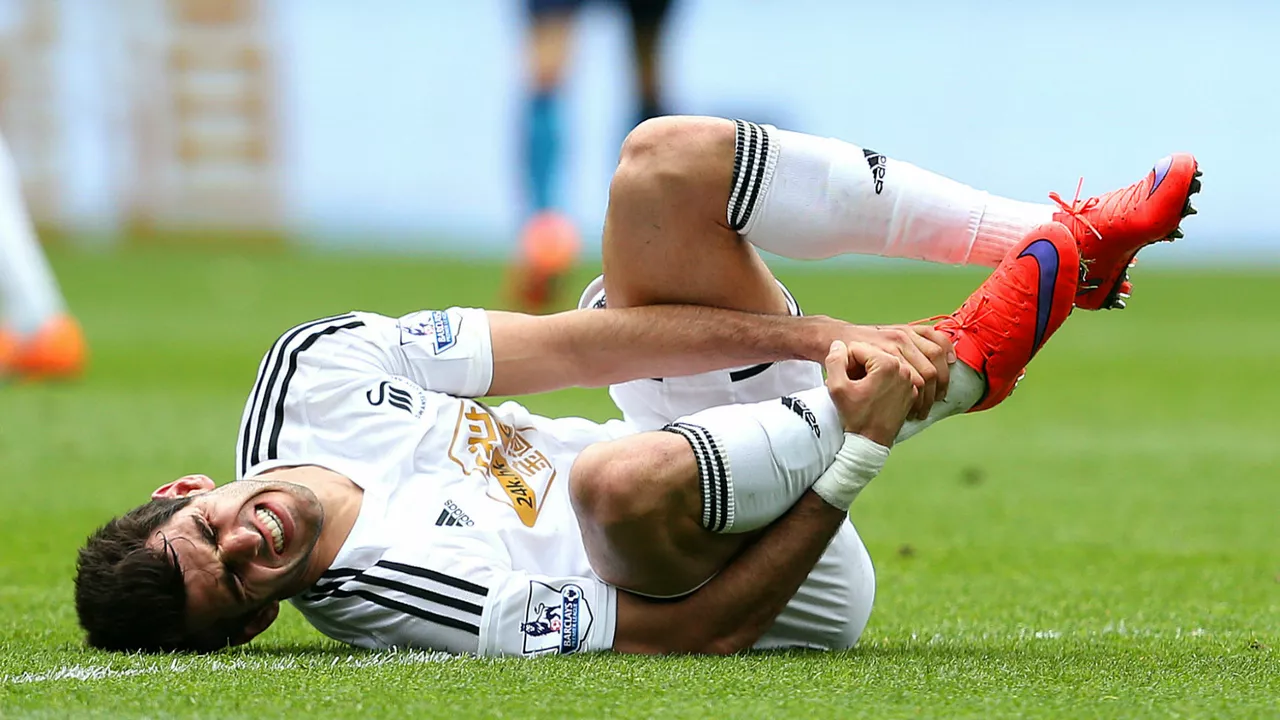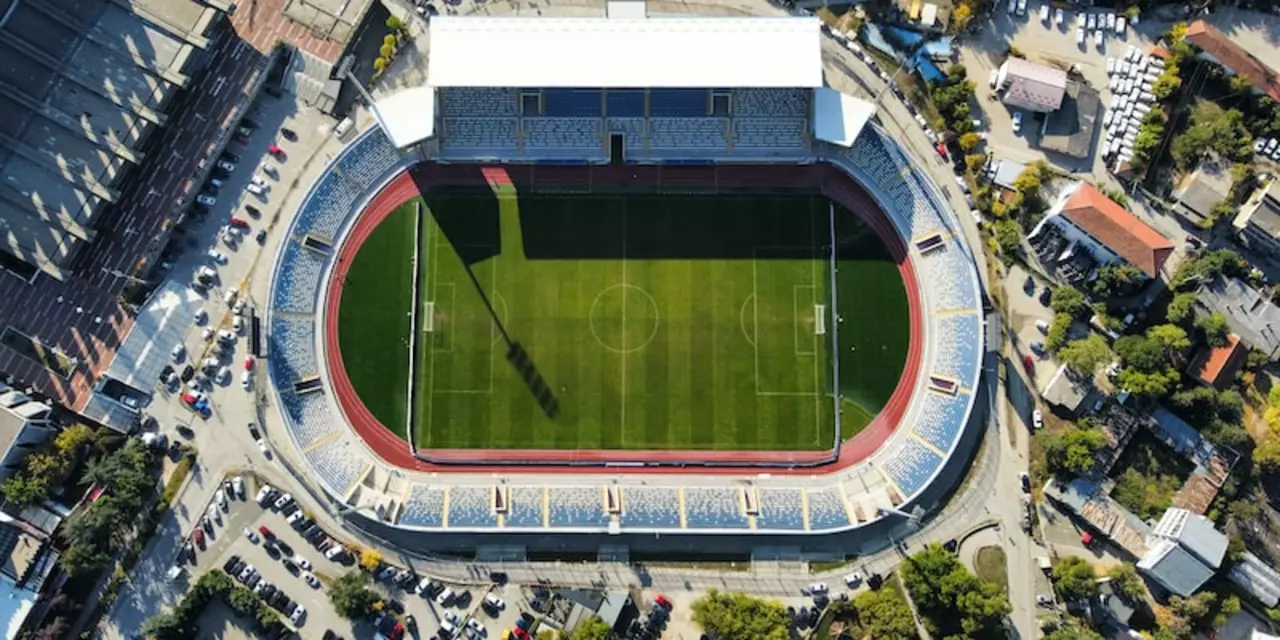Soccer Insights You Can Use Right Now
If you love soccer, you want the best advice without wading through endless jargon. Here’s a quick rundown of the topics UK fans care about most – from the gear on your feet to how private leagues make money.
Choosing the Right Cleats for Defenders
Defenders need boots that give solid support and grip. Look for models that balance comfort with durability. Popular picks include the Adidas Predator, Nike Tiempo Legend, and Puma Future. The Predator offers great ankle protection, the Tiempo gives a plush feel for longer matches, and the Future’s adaptable fit works well on wet pitches. Try them on, walk around the store, and make sure the studs feel secure before you buy.
How Private Soccer Leagues Earn Their Keep
Private leagues aren’t just about the game on the field; they’re mini businesses. Their main cash streams are ticket sales, broadcasting rights, and sponsorship deals. Merch sales – especially jerseys – add another sweet spot. Some leagues also take a cut from player transfers, so when a star moves clubs, the league pockets a percentage. Understanding these sources helps you see why ticket prices and TV packages sometimes feel steep.
Beyond the money, many fans wonder why some video games, like Pro Evolution Soccer, lack licensed teams. The answer is simple – licensing costs are huge. Konami decides it’s cheaper to use fictional clubs, which keeps the game affordable but can feel less authentic.
Speaking of authenticity, you might have heard the term “farmers league.” It’s a cheeky way to describe a competition where one or two teams dominate so heavily that the rest look like they’re just farming the points. Knowing the lingo helps you join the conversation on forums and social media.
When it comes to international soccer, trivia can come in handy. For instance, Mexico’s top league is called Liga MX – a fact that often pops up at pub quizzes. And if you’re curious about how World Cup hosts are chosen, it’s a secret ballot by FIFA’s executive committee, with bids judged on stadium plans, infrastructure, and logistics.
Live streaming has changed how we watch matches too. High‑quality streams now bring stadium vibes right to your living room, and the tech keeps getting better. This means you can follow multiple leagues at once without missing a beat.
All these pieces – gear, finances, language, and tech – shape the soccer world you love. Keep this guide handy, and you’ll feel more confident whether you’re buying new boots, chatting about league revenue, or just bragging about your trivia knowledge.
What is the most dangerous position in soccer?
After delving into the world of soccer, I've found that the goalkeeper's position is often considered the most dangerous. This position is fraught with risk as it requires high physical involvement and the player is often subject to high-speed shots on goal. They are also more prone to injuries like sprains, fractures, and concussions due to diving, collisions, and the constant pressure to prevent the opposing team from scoring. Despite the thrill and importance of the position, it's clear that being a goalie is not for the faint-hearted. So, hats off to those brave souls who take up the gloves and guard the net!
Why do people say FIFA is bad for soccer/football?
FIFA is the governing body of international soccer, or football. Many people believe that FIFA has not done enough to promote the game and combat corruption. They argue that FIFA has become too focused on money and profits, and that this has corrupted the game. They also point to FIFA's failure to properly manage the World Cup and other international tournaments, as well as its lack of transparency and accountability. Additionally, FIFA is often accused of not doing enough to support grassroots football and its development in poorer countries. In sum, many people think that FIFA has done more harm than good for the beautiful game.

